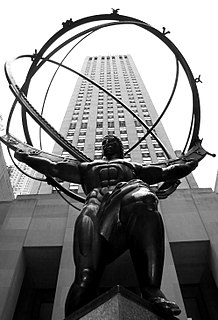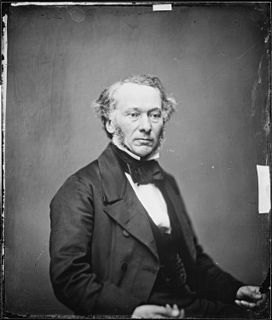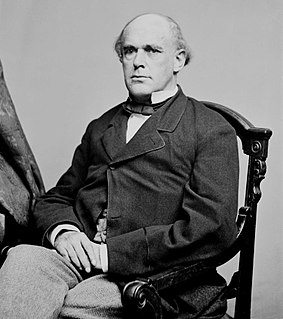A Quote by Andrew Bernstein
Even in this secular country, the threat posed by religious fundamentalists is never very far away. Every major religious text exhorts the same principles - that of unyielding obedience to a supernatural being, and renunciation of the intellect and personal aspirations.
Related Quotes
In contemporary society secular humanism has been singled out by critics and proponents alike as a position sharply distinguishable from any religious formulation. Religious fundamentalists in the United States have waged a campaign against secular humanism, claiming that it is a rival "religion" and seeking to root it out from American public life. Secular humanism is avowedly non-religious. It is a eupraxsophy (good practical wisdom), which draws its basic principles and ethical values from science, ethics, and philosophy.
Since Jimmy Carter, religious fundamentalists play a major role in elections. He was the first president who made a point of exhibiting himself as a born again Christian. That sparked a little light in the minds of political campaign managers: Pretend to be a religious fanatic and you can pick up a third of the vote right away. Nobody asked whether Lyndon Johnson went to church every day. Bill Clinton is probably about as religious as I am, meaning zero, but his managers made a point of making sure that every Sunday morning he was in the Baptist church singing hymns.
Blind obedience is itself an abuse of human morality. It is a misuse of the human soul in the name of religious commitment. It is a sin against individual conscience. It makes moral children of the adults from whom moral agency is required. It makes a vow, which is meant to require religious figures to listen always to the law of God, beholden first to the laws of very human organizations in the person of very human authorities. It is a law that isn't even working in the military and can never substitute for personal morality.
No, I'm not religious, I'm sorry to say. But I was once and shall be again. There is no time now to be religious." "No time. Does it need time to be religious?" "Oh, yes. To be religious you must have time and, even more, independence of time. You can't be religious in earnest and at the same time live in actual things and still take them seriously, time and money and the Odéon Bar and all that.
It was, of course, a lie what you read about my religious convictions, a lie which is being systematically repeated. I do not believe in a personal God and I have never denied this but have expressed it clearly. If something is in me which can be called religious then it is the unbounded admiration for the structure of the world so far as our science can reveal it.
On areas like abortion where there is major disagreement among the mainstream religious groups in the Judeo-Christian tradition, I believe that requires a lot more caution. The Jewish position on abortion is very different from the Roman Catholic position. That is reason to be cautious about enacting laws rather than saying to the religious group: instruct your followers on these matters as matters of personal religious belief.
I'm very religious, you know. Now, OK, if by 'religious', you mean that I go to church every Sunday, read the bible faithfully, and I listen to Debbie Boone, umm, I'm not religious in that sense... But if by 'religious' you mean that I love others and try to help them whenever possible... Again, no. But if by 'religious' you mean that I like to eat coleslaw... Yeah, OK, OK!
There came a time in my life when I doubted the divinity of the Scriptures, and I resolved as a lawyer and a judge I would try the Book as I would try anything in the courtroom, taking evidence for and against. It was a long, serious and profound study and using the same principles of evidence in this religious matter as I always do in secular matters, I have come to the decision that the Bible is a supernatural Book, that it has come from God, and that the only safety for the human race is to follow its teachings.









































